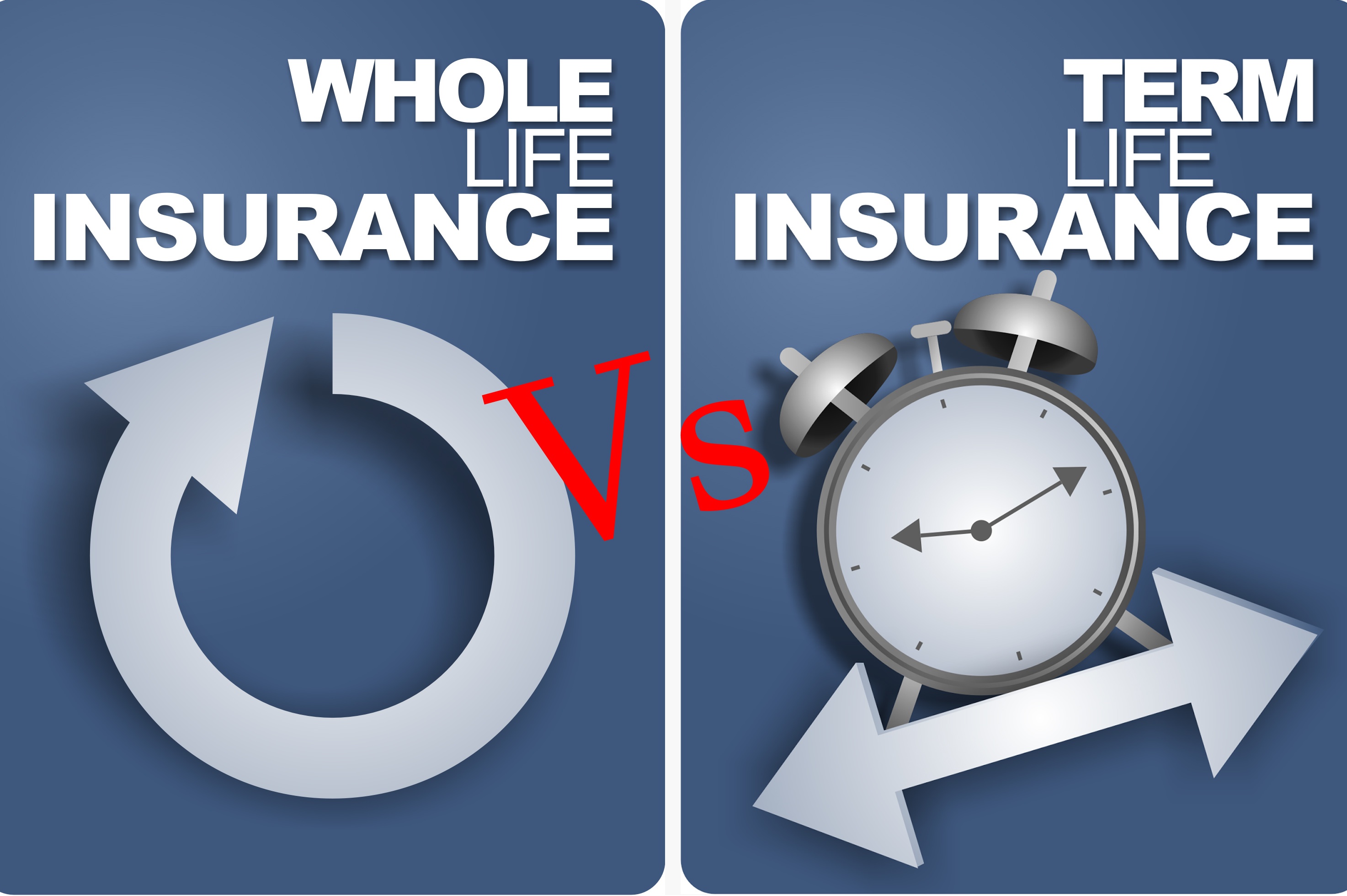There are certain differences between whole life insurance and term life insurance. Let us have some understanding of what these are.
Whole Life Insurance
- Typically, whole life insurance policy offers coverage for the entire life. Such a policy is valid until the death of the policy holder. In the past, policyholders’ life stayed insured till the age of hundred which was the maturity date of such policies. However, in some recent policies the maturity date has been raised up to 120 years. Dependents could be entitled to receive money from insurer on death of policy holder or at maturity.
- Besides, unlike term life insurance, whole life insurance covers may also cash value component. A portion of policyholder’s premium may directly get deposited in a cash account and the money so invested can guarantee good returns without any tax liability.
Term Life Insurance
- A term life insurance cover offers financial protection to policyholder and dependents for a specified time period. If policyholder dies within the said time span, insurer is liable to pay death benefit to dependents. It is for this sole reason that such policies cannot accrue any kind of cash value because of which they tend to be much cheaper than whole life insurance covers. And the death benefit received by dependents is exempt from any tax liability due to which such a policy is an attractive proposition for buyers.
- Thus, in a way, term life insurance is rather like staying on rent than buying a house. Renters are required to pay rents every month only until the duration of lease with homeowners. Similarly, with term life insurance, policyholder is required to pay premium only till the term of the policy. And when the term gets over, policyholder can receive assured sum of the money as specified in the policy contract.
